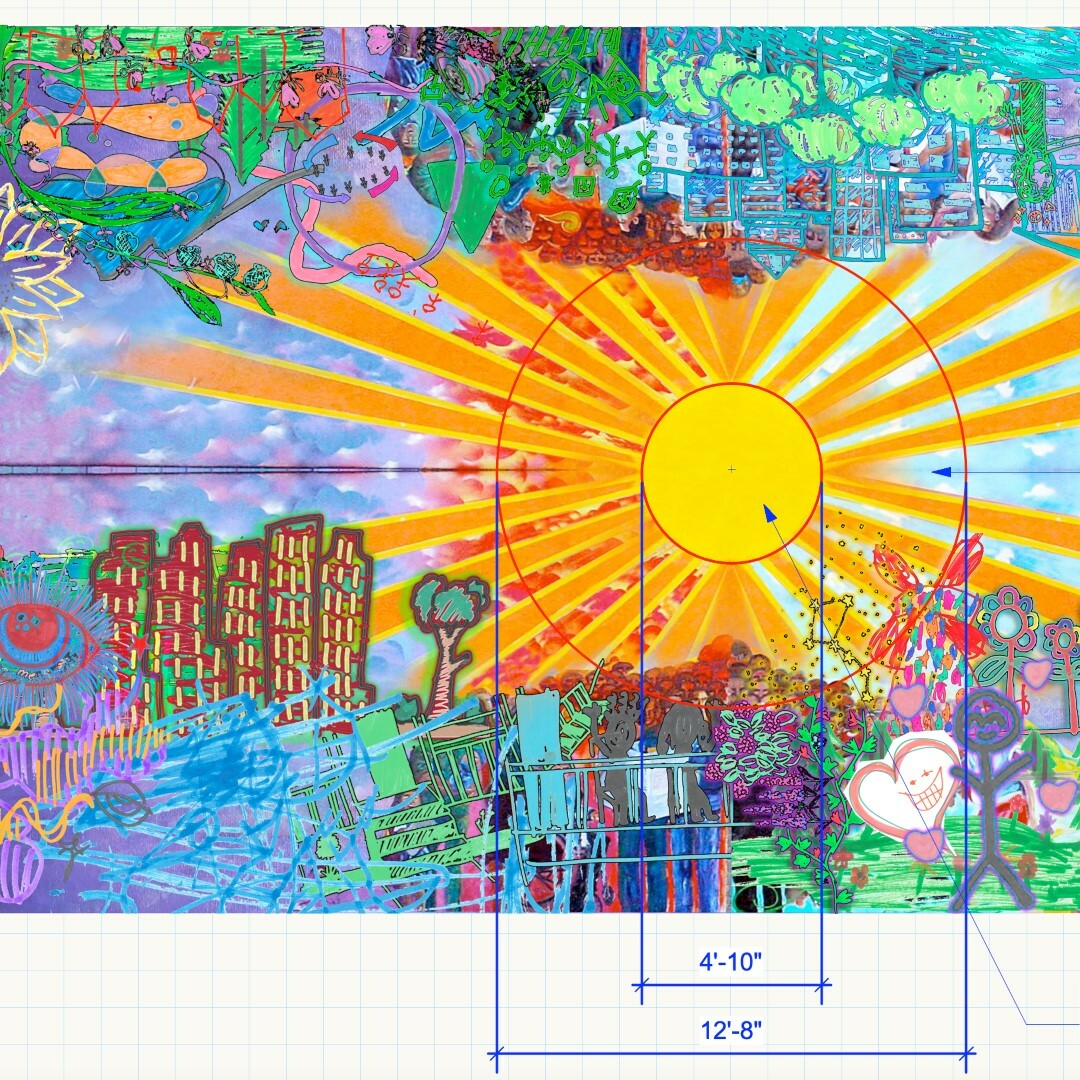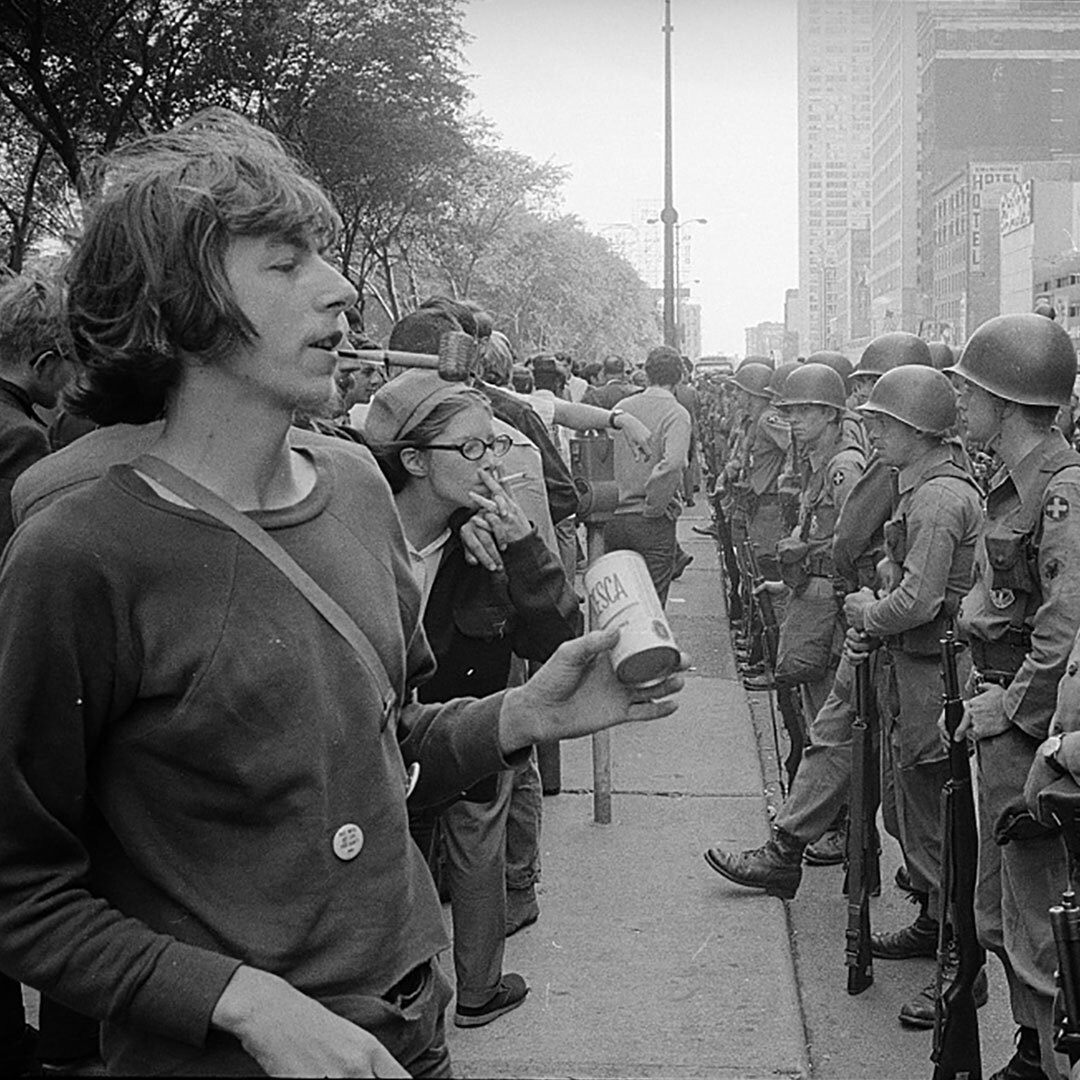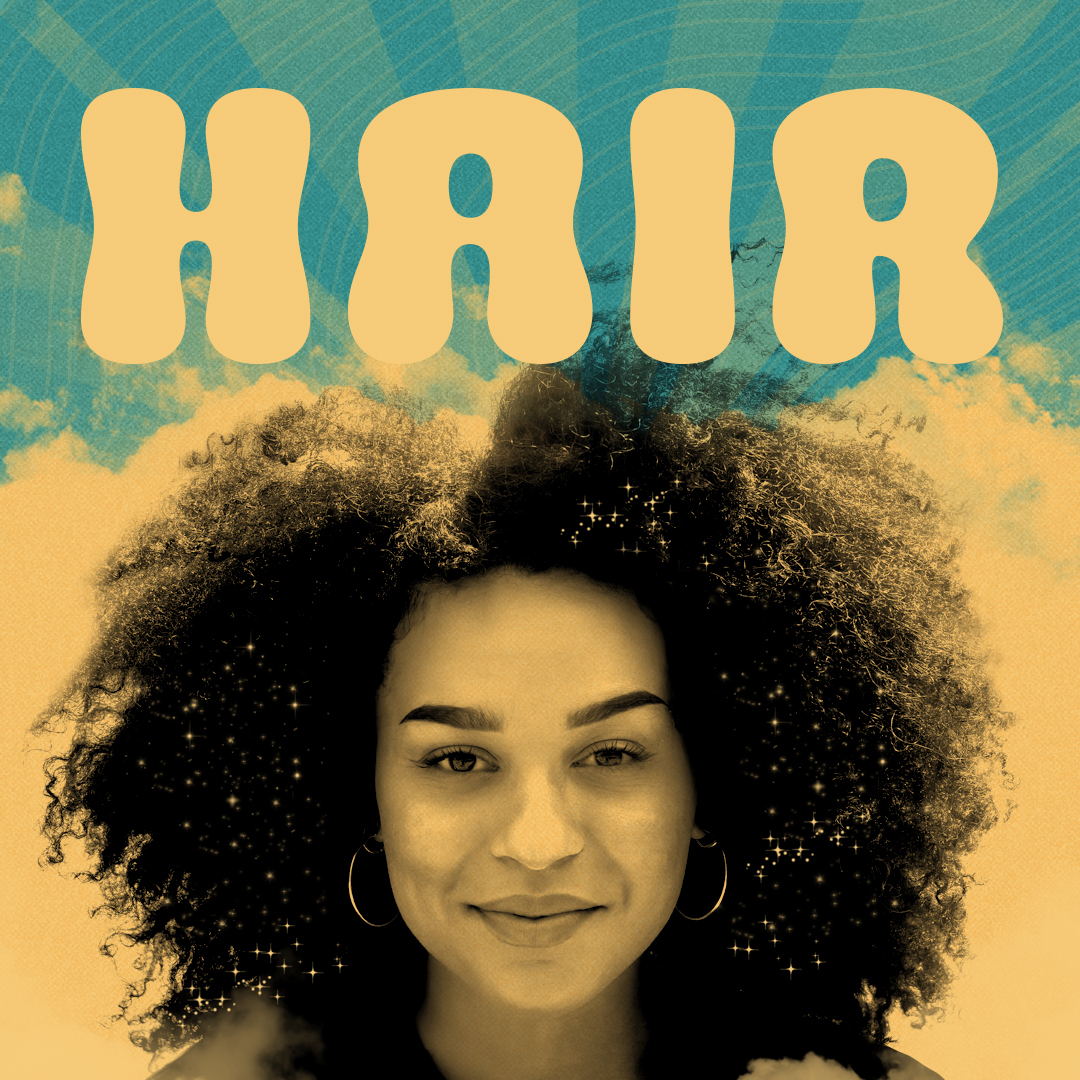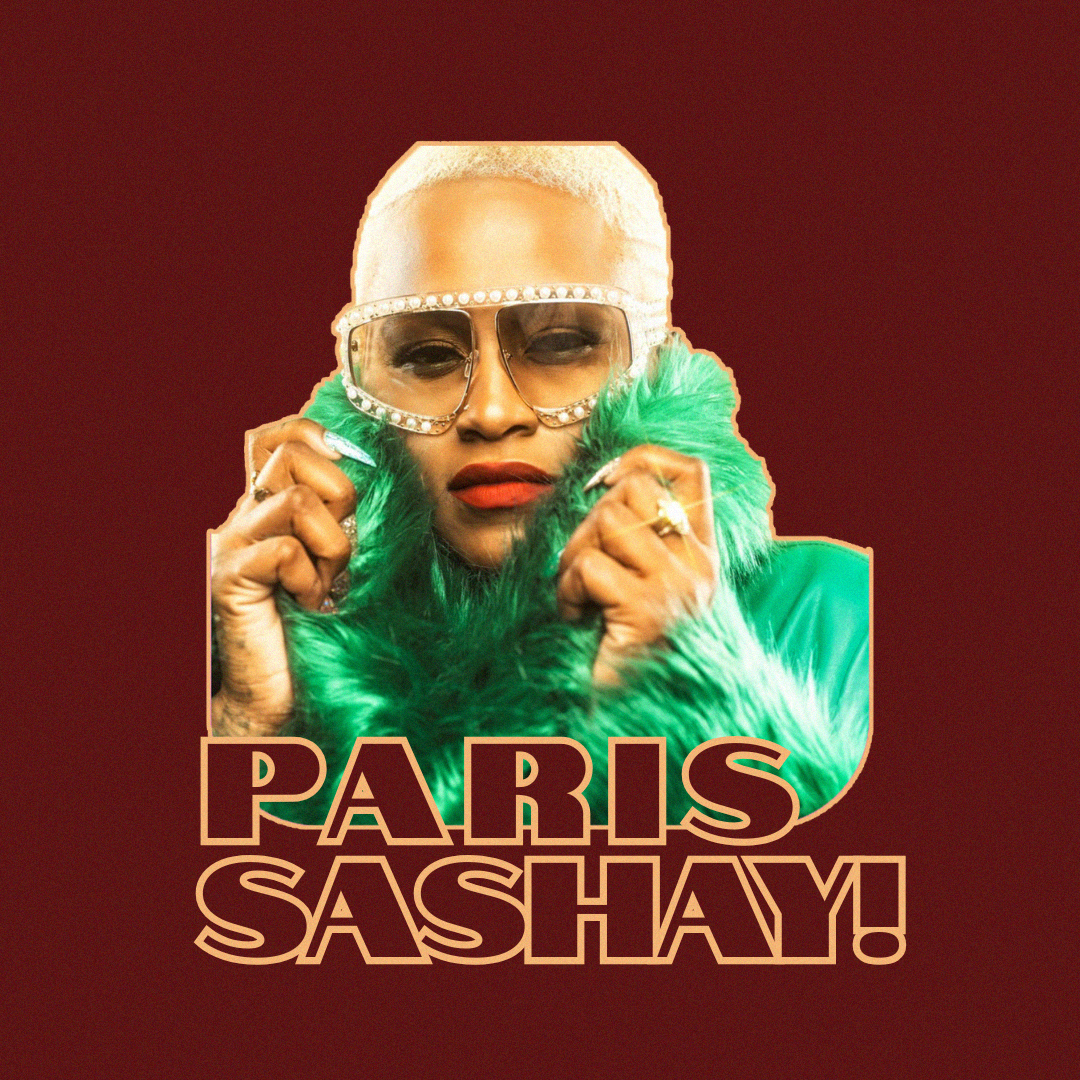Hair: A History
The Creative Team
Hair was conceived by James Rado and Gerome Ragni, actors who met each other while performing in a show that closed after one night, Hang Your Head and Die, Off-Broadway. Rado, who had written several musicals as a student at the University of Maryland, spent two years in the Navy after graduation, went on to start a band called “James Alexander and the Argyles” and eventually moved to NY to pursue acting. Ragni, one of 10 children from Pittsburgh, attended Georgetown University and moved to NY in 1964 to understudy in the Broadway production of Hamlet starring Richard Burton.
In 1966, Ragni appeared in the musical Viet Rock by Megan Terry and it inspired him to link up with Rado to create their own rock musical. The two had been writing songs together for years but decided to formalize their efforts. When they had the lyrics for 13 songs, they took them to producer Nat Shapiro, who was interested but knew the duo needed a composer. He introduced them to Canadian born Galt MacDermot. Of their partnership, Rado wrote in 2009:
"HAIR was created as an original idea by Gerome Ragni (Jerry) and, myself, James Rado (Jim). We collaborated on the story, text, characters, dialogue and lyrics beginning in late 1964, continuing over the years 1965, 1966 and 1967. From the start, I envisioned that the score of HAIR would be something new for Broadway, a kind of pop rock/showtune hybrid. At first we had considerable difficulty finding a composer; we rejected several, until finally, in late 1966, we found the man to make the music for our songs. It was a case of love at first sound. Meeting the composer, Galt MacDermot, was more than a fulfillment of our dream. I would call it a clear illustration of a marriage made in heaven."
Galt was similarly effusive about their partnership but also noted that he had “never met a hippie in his life” and he was known to be more mysterious to the public than his counterparts. Of this he said “I had short hair, a wife and, at that point, four children and I lived on Staten Island.”
Early Productions
In 1967, Joe Papp was still building The Public theater but agreed to produce the musical at the new Off-Broadway house. It premiered October 17th of that year and ran for six weeks. During that run, businessman and aspiring anti-war politician, Michael Butler, saw the show several times and then worked with Papp to find another venue to continue the show. For 45 performances, the cast did the show at The Cheetah, a club at 53rd and Broadway beginning in December.
By January, however, the show had undergone many changes — including the addition of the nude scene, “Let the Sunshine In”, and a new director, Tom O’Horgan who was known for his experimental theater work. A few Broadway houses passed on the show, concerned that it was inappropriate and even Joe Papp left the producing team. Butler, however, was steadfast and secured the Biltmore Theater – making Hair the first musical to transfer from Off-Broadway to Broadway. For this iteration of the show, Rado joined Ragni onstage, playing Claude to Gerome's Berger. The cast also featured folks who would go on to stardom including Melba Moore, Sally Eaton, Diane Keaton, Andre DeSheilds and Meat Loaf.
The reception was nearly all positive. Clive Barnes wrote in the New York Times: "What is so likable about Hair ... ? I think it is simply that it is so likable. So new, so fresh, and so unassuming, even in its pretensions." John J. O'Connor of The Wall Street Journal said the show was "exuberantly defiant and the production explodes into every nook and cranny of the Biltmore Theater". Richard Watts Jr. of the New York Post wrote that "it has a surprising if perhaps unintentional charm, its high spirits are contagious, and its young zestfulness makes it difficult to resist."
Though it was embraced by many, it was also quite controversial. The Acapulco, Mexico, 1969 premiere was closed by government order after its first performance. The show’s London producers cannily waited until there was a change in censorship laws to open it in 1968 in the West End. (A production that David Bowie notably auditioned for 4 times to no avail. After seeing the show he said that he was “unimpressed”) And in 2020, it was removed from the schedule of NBC’s series of live televised musicals, suggesting it still wasn’t ready for prime time.
The Act I finale was the first time a Broadway show had seen totally naked actors and actresses, and the show was charged with the desecration of the American flag and the use of obscene language. These controversies, in addition to the anti-Vietnam War theme, attracted occasional threats and acts of violence during the show's early years and became the basis for legal actions both when the show opened in other cities and on tour. Two cases eventually reached the U.S. Supreme Court.
Legacy & Space in History
At the 1969 Tonys, Hair was nominated for Best Musical and Best Direction of a Musical, but did not win either. They did, however, take home that year’s Grammy for Best Score from an Original Cast Show Album.
Though the 60s marked the so-called end of the musical theater Golden Age, it was no less impactful. Musical theater’s sound began to change - making way for the innovations that would come in the decades that followed. The themes of the age before the 60s were envelope pushing, exploring subjects of race, sexual freedom, colonialism and war, but the shows that came after seemed the luxuriate in shirking subversion — no more veiled homosexuality like in the Cole Porter songs and no more forbidden interracial love like in King and I, or quiet anti-war sentiment like in South Pacific. This era gave us Hair, which not only changed the content of musicals, but also the sound. Argued to be the first “rock” musical, this show cracked open possibilities and led to shows like Hedwig and the Angry Inch, Rent and even more modern shows like Spring Awakening.
Preview Image Details
(information about the image that accompanies links to this page)
Set model by Diggle
Portland Center Stage is committed to identifying & interrupting instances of racism & all forms of oppression, through the principles of inclusion, diversity, equity, & accessibility (IDEA).















